By using the advantage of hybrid nanomaterials, researchers may have unlocked a new pharmacological route for treating degenerative diseases.


By using the advantage of hybrid nanomaterials, researchers may have unlocked a new pharmacological route for treating degenerative diseases.
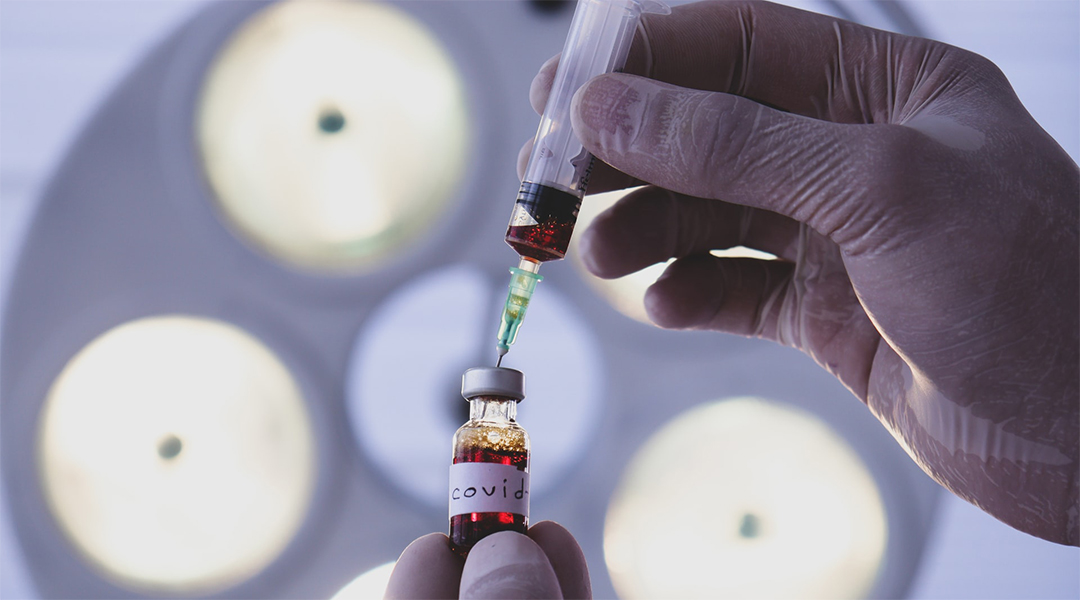
A biomaterials platform offers a stable center within the body for antibody development against SARS-CoV-2.
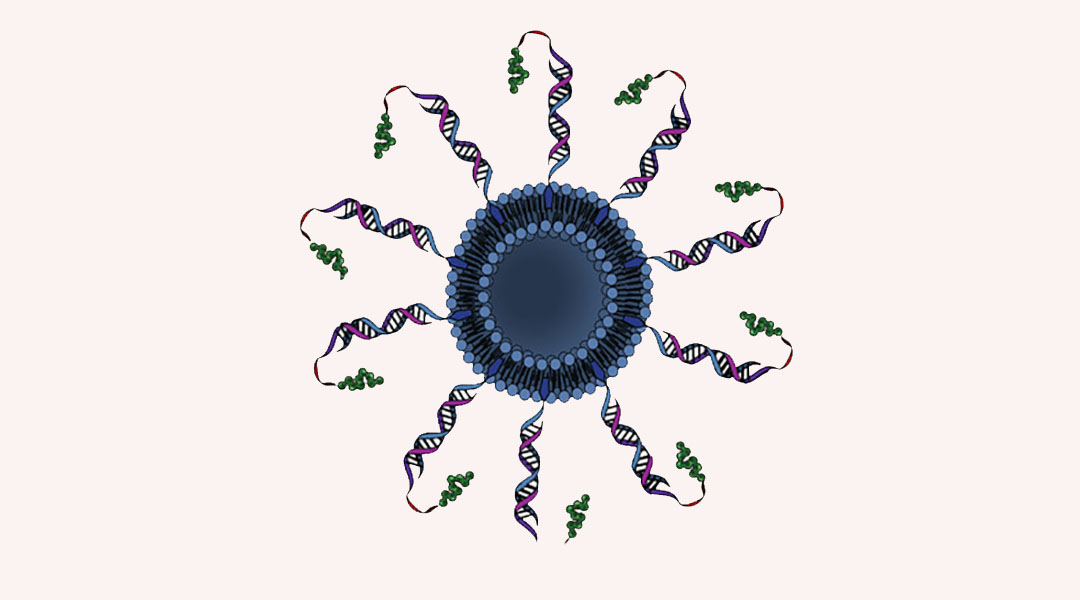
Spherical nucleic acids show promise as a targeted and effective immunotherapy for patients with metastatic prostate cancer.
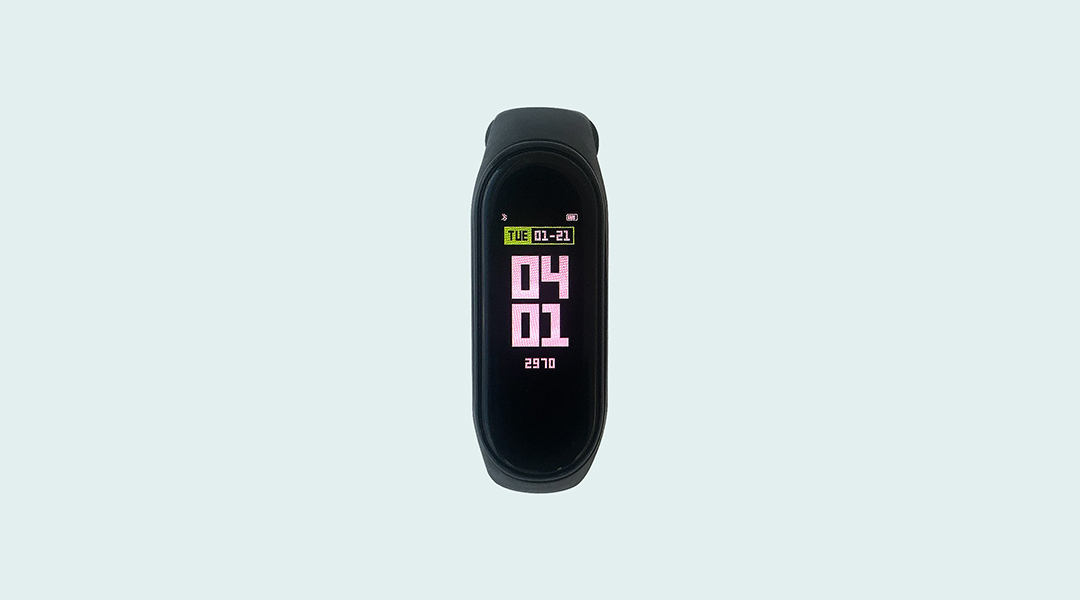
Wearable devices and gadgets have surged in popularity, but researchers say that current ethical frameworks need to catch up with research to protect study participants.
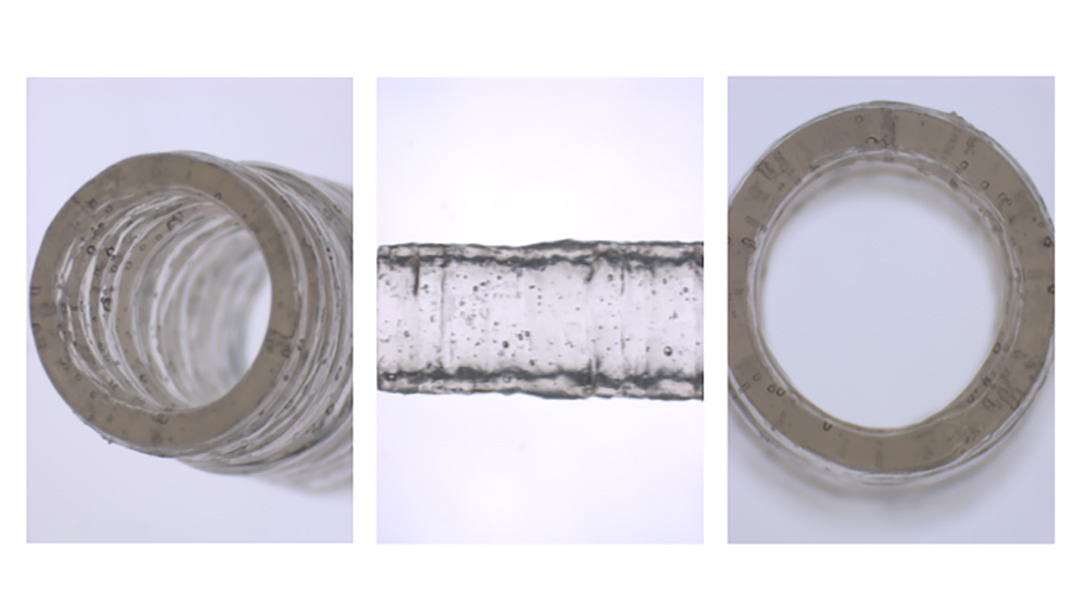
A new nanoengineered bioink allows scientists to print 3D, anatomically accurate, multicellular blood vessels.
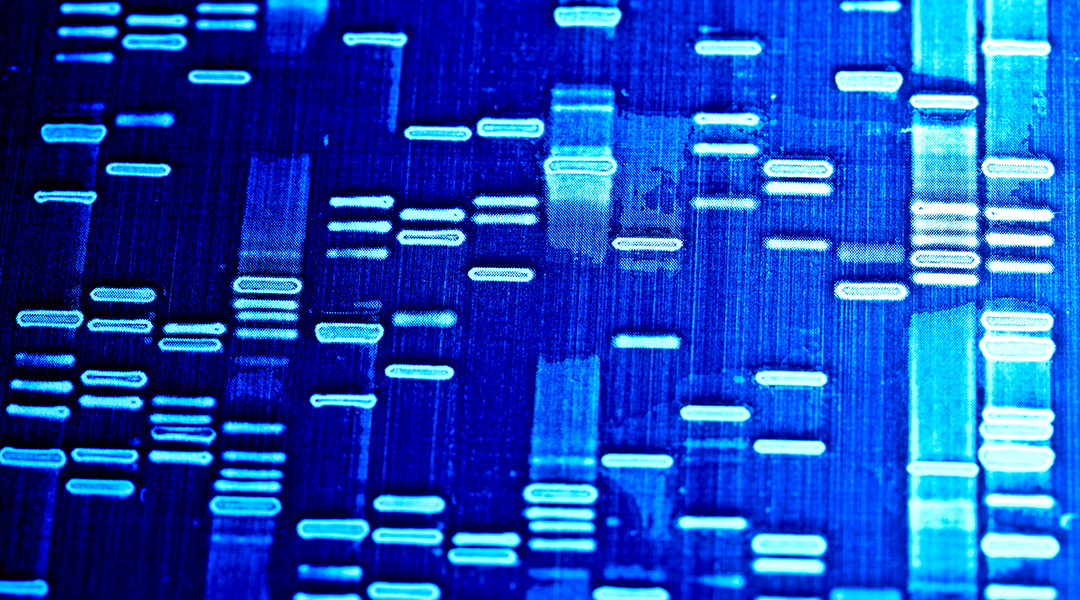
Genomic editing tools can reverse disease causing mutations to provide cures — once we can conquer the remaining barriers.
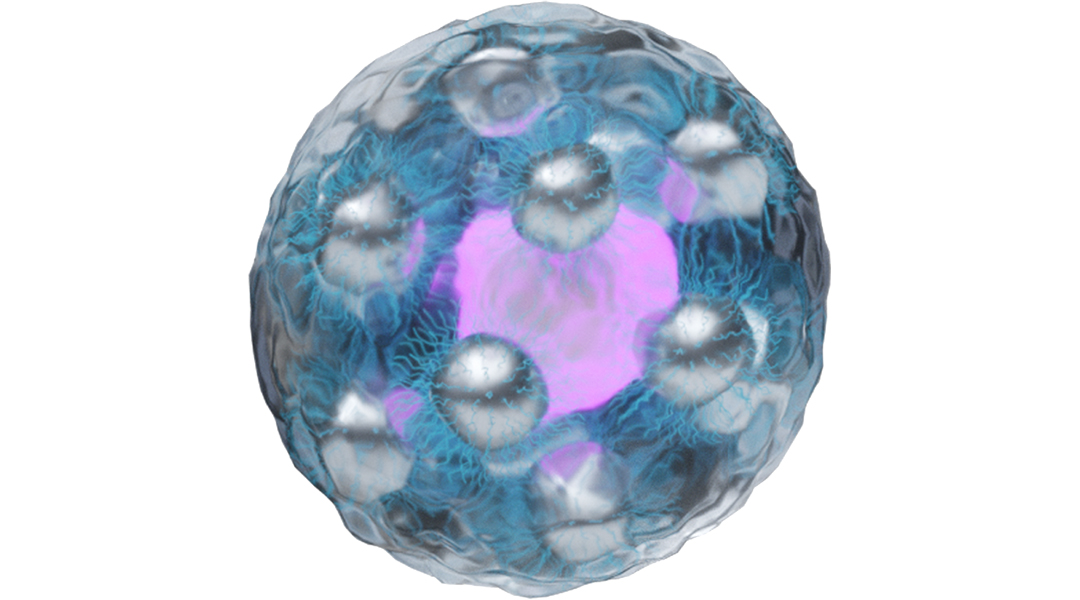
A minimally invasive method holds promise for the treatment of neurological disorders and injury.
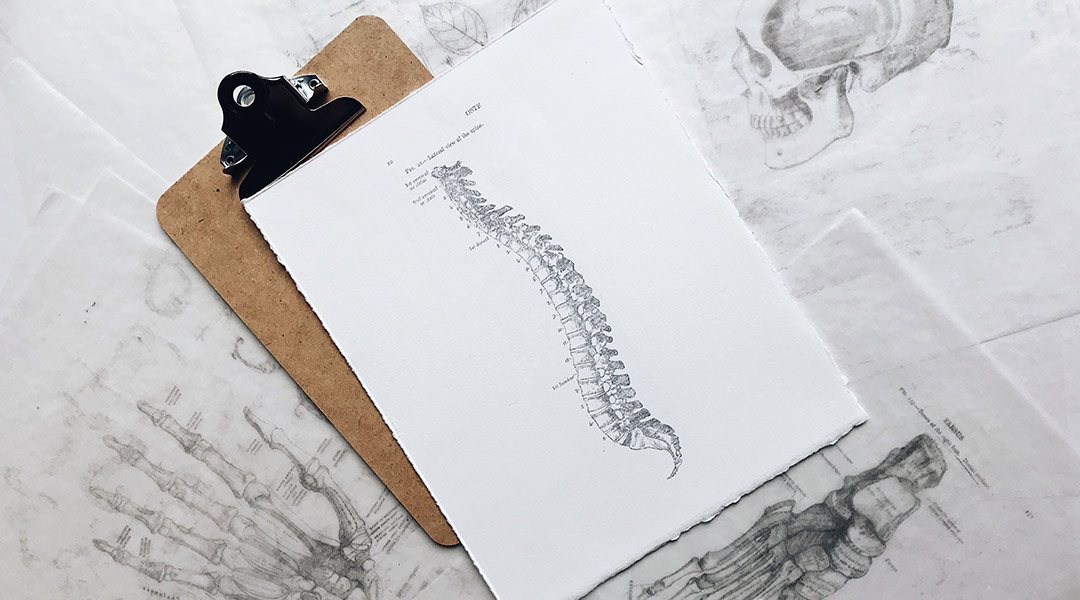
A hydrogel loaded with drugs to simultaneously regenerate nerve tissues and blood supply shows promise for promoting recovery after spinal cord damage.

3D bioprinted models of developing human hearts reveal critical factors that shape heart development.
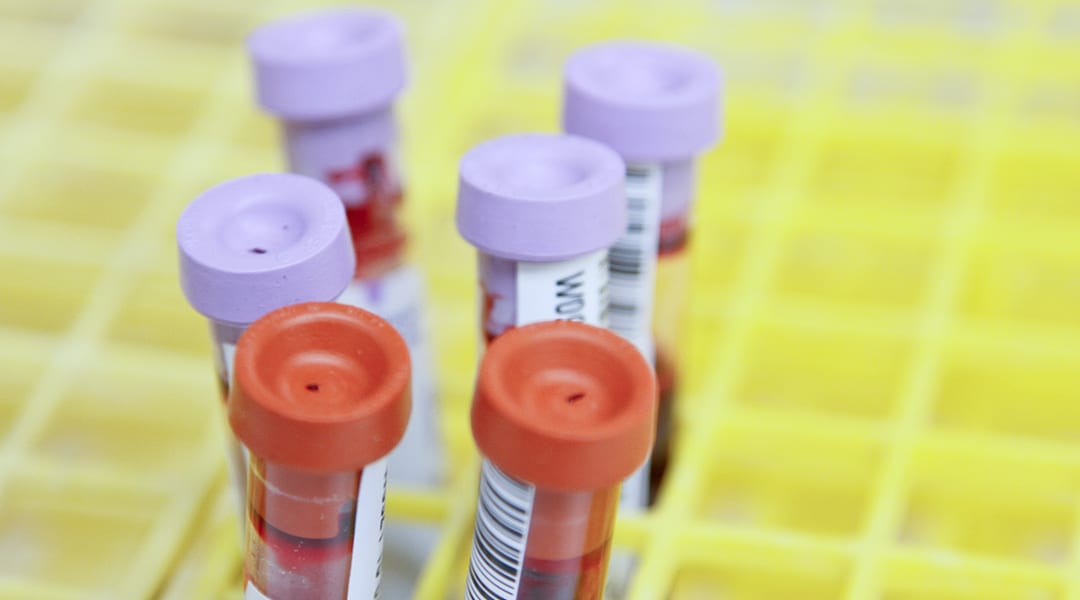
A sensitive blood test for the early diagnosis of Alzheimer’s disease could be possible with nanoparticle arrays.